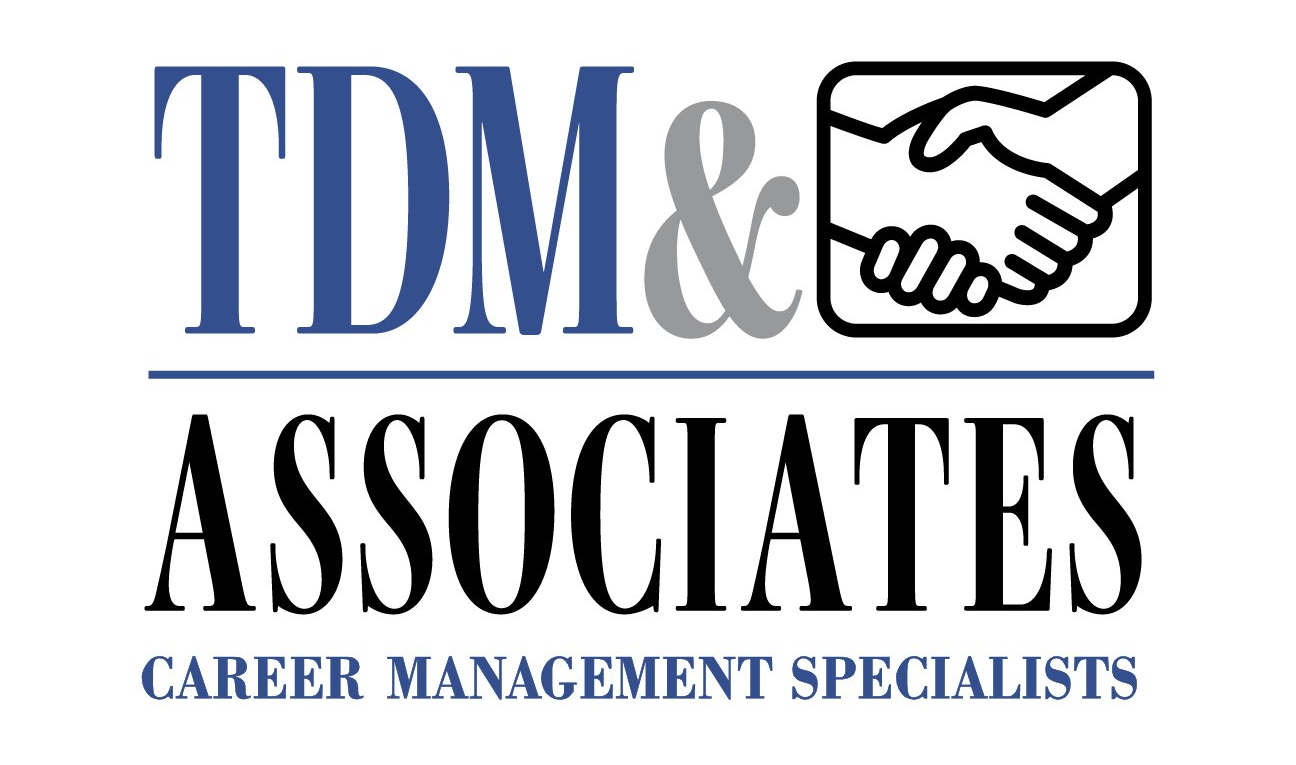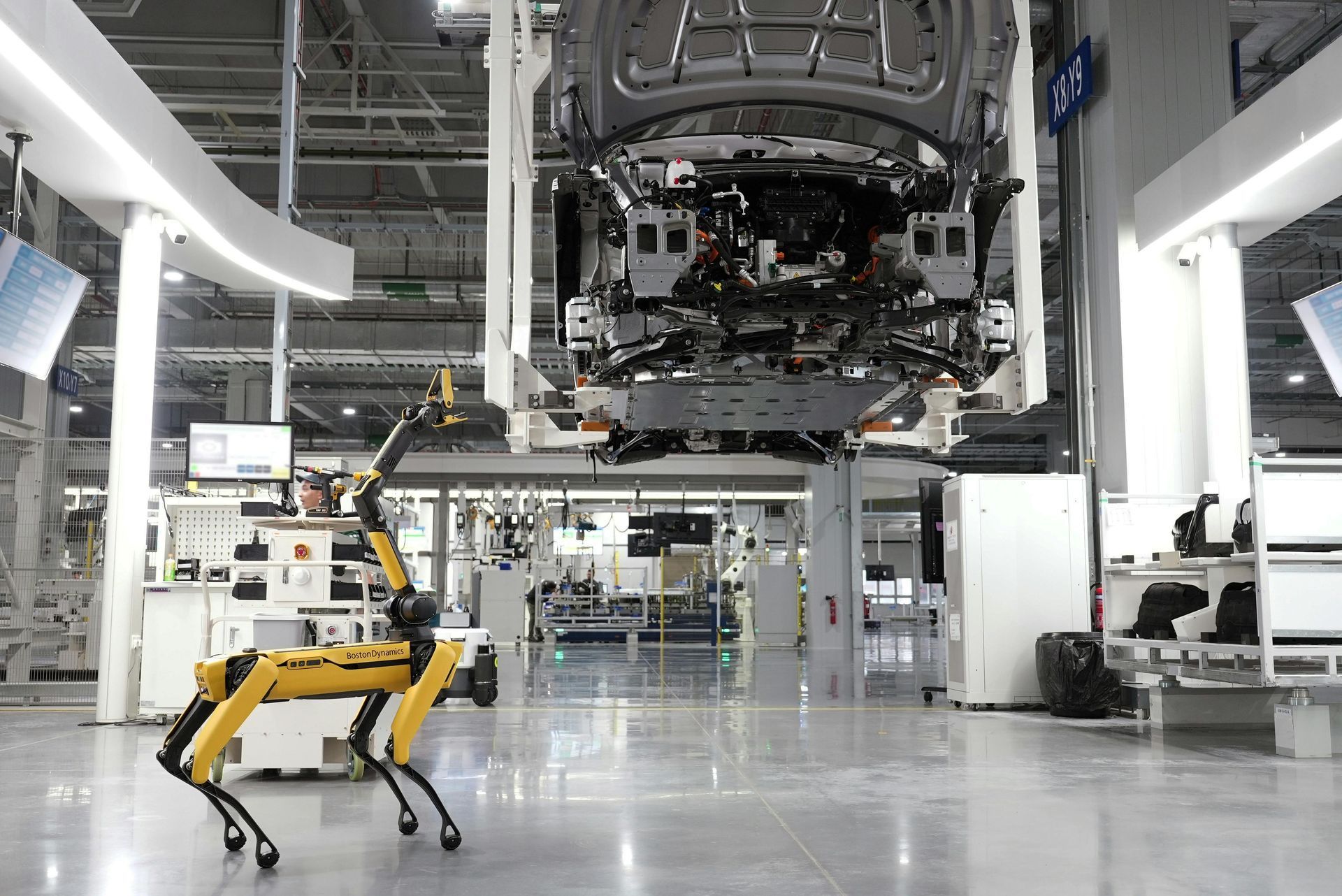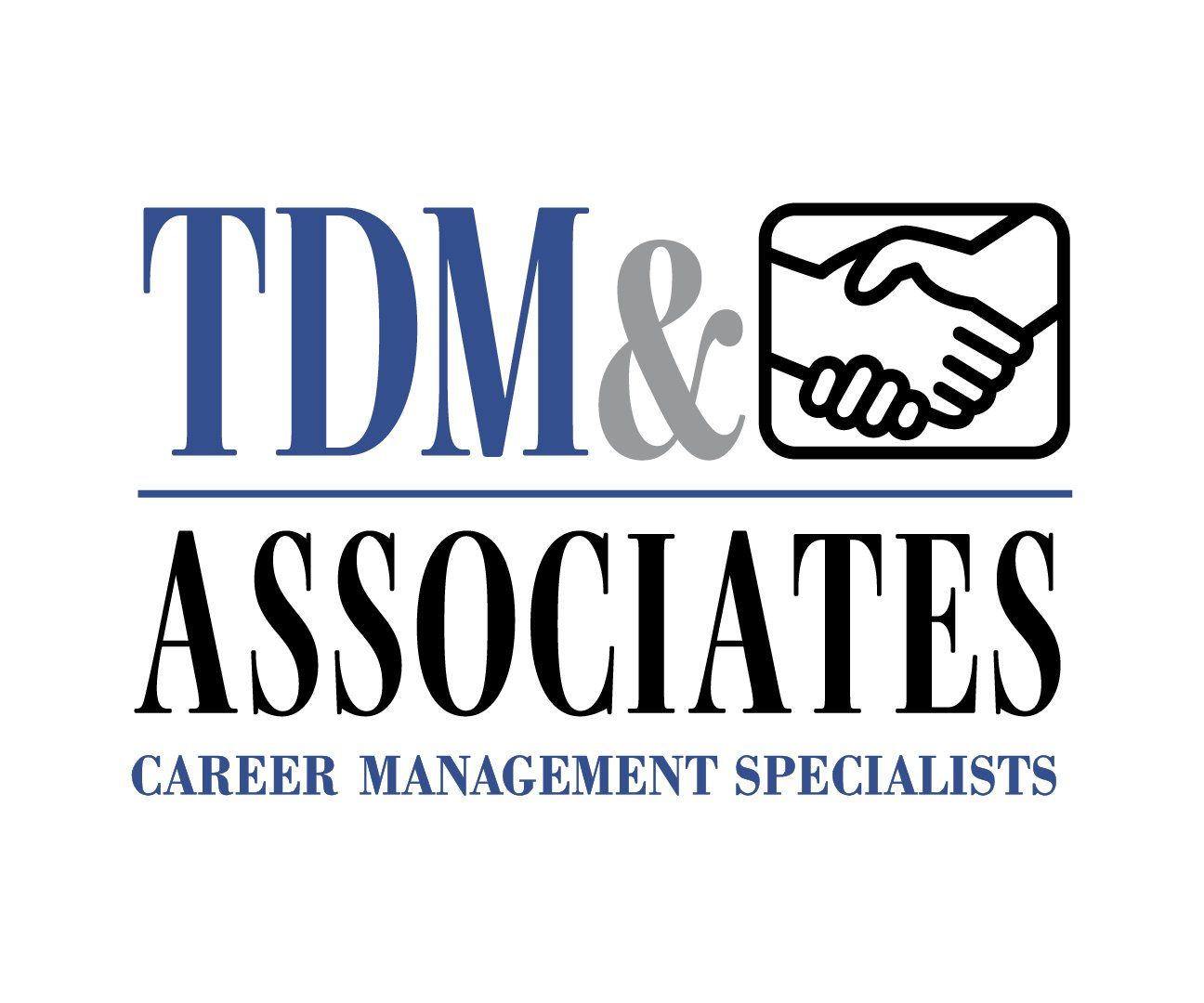The Globalization of Packaging: Adapting to Sustainability and Regulatory Shifts
Why global collaboration and regulatory alignment are key to driving innovation and resilience in the packaging industry
The Impact of Global Sustainability Standards on Packaging
As globalization accelerates, packaging companies must adapt to increasingly stringent sustainability standards, particularly those originating in Europe. The EU’s Circular Economy Action Plan (European Commission) has become a global benchmark, influencing regulatory developments worldwide. U.S. companies that anticipate these shifts can gain a competitive edge by adopting eco-friendly materials, efficient recycling processes, and innovative design practices that align with circular economy principles.
Why This Matters:
- European sustainability policies often serve as templates for future U.S. regulations, making early adaptation critical for long-term success.
- The sustainable packaging market is booming, projected to hit $423.56 billion by 2029 (Mordor Intelligence).
Building Multidisciplinary Teams for Global Compliance
Operating across multiple regions requires more than compliance—it demands innovation. Multidisciplinary teams, blending sustainability expertise, regulatory knowledge, and cutting-edge technology, are essential for global operations. Hiring professionals well-versed in international standards like the EU’s Green Deal (European Commission: Green Deal) ensures companies stay ahead of compliance challenges and lead in sustainable innovation.
Proactive Strategies for Success:
- Invest in Regulatory Expertise – Recruit talent with deep knowledge of global sustainability policies.
- Collaborate Across Regions – Encourage cross-functional teams to share insights and align strategies.
- Adopt Circular Economy Practices – Incorporate eco-conscious designs and materials that meet diverse regulatory needs.
Leveraging Innovation for Sustainable Growth
Globalization isn’t just a challenge; it’s an opportunity to innovate. By embedding sustainability into every aspect of their operations, packaging companies can build resilient supply chains, foster brand loyalty, and reduce costs through efficiency. Moreover, compliance with evolving regulations often unlocks opportunities to tap into new markets that prioritize eco-conscious practices.
For example, smart packaging technologies, expected to reach $24.8 billion by 2030 (MarketsandMarkets), present an avenue to integrate innovation with sustainability.
Conclusion: Navigating Globalization with the Right Talent
The packaging industry is at a pivotal moment where globalization and sustainability converge. To thrive, organizations must prioritize regulatory expertise, sustainability innovation, and cross-regional collaboration. By embracing these principles, companies can not only meet the demands of today’s market but also set the standard for tomorrow’s.
Ready to future-proof your workforce? At TDM & Associates, we specialize in connecting companies with talent that bridges sustainability, compliance, and innovation. Let’s build a team that drives your success in a global market. Contact us today to learn more!











